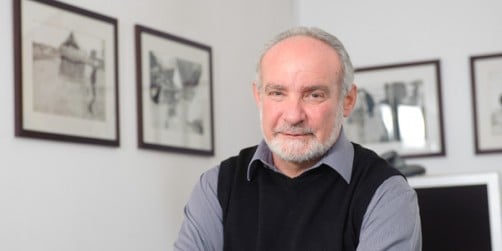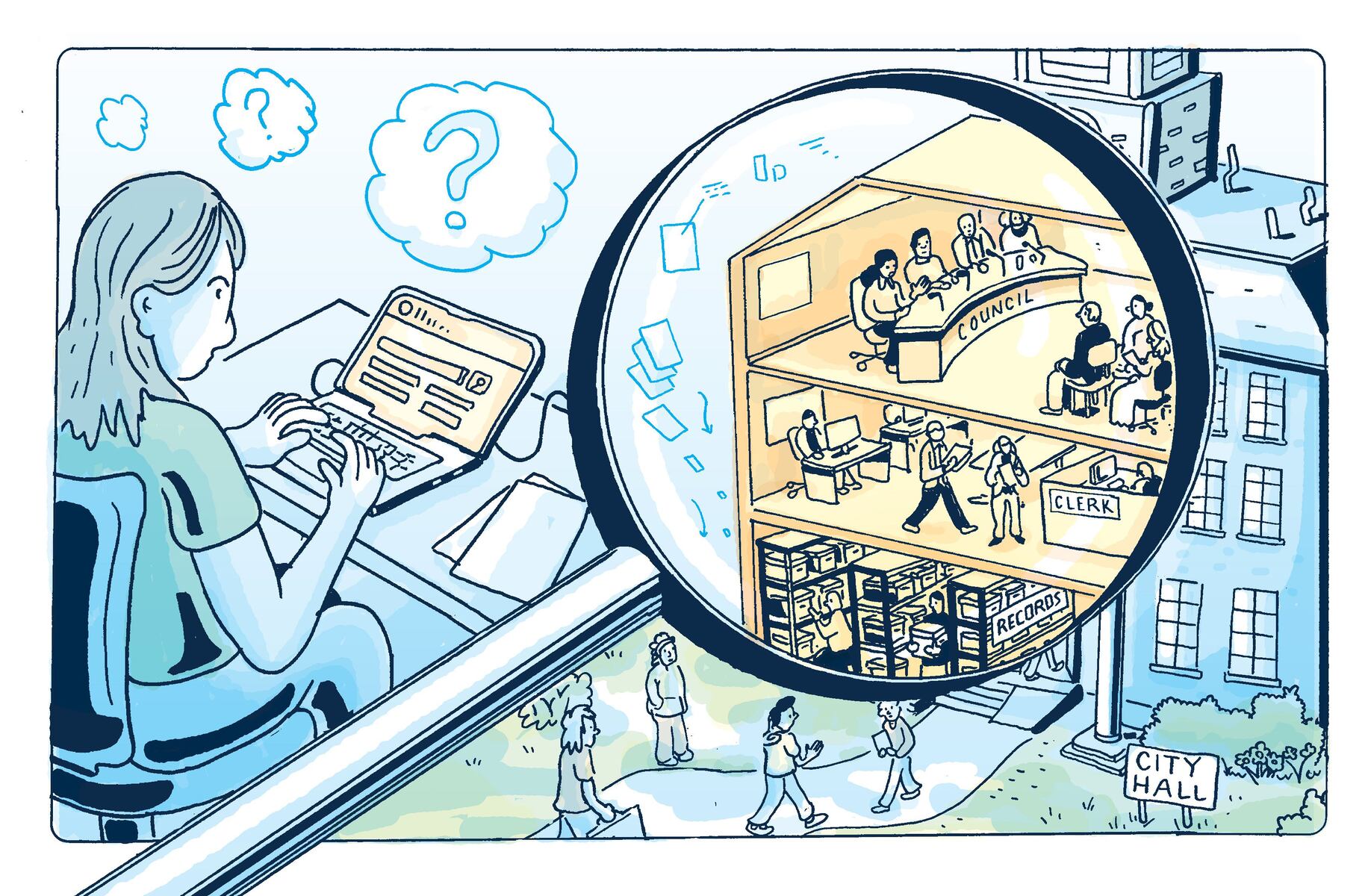UPDATE: A groundbreaking initiative to tackle Africa’s escalating dementia crisis has just been launched! Professor Stephen Tollman of the SAMRC/Wits Rural Health Transitions Unit has joined the newly formed Africa Task Force on Brain Health, established by the Davos Alzheimer’s Collaborative. This urgent measure comes as projections indicate that over 1 million people in South Africa will be living with dementia in the coming decades, equivalent to the entire population of Nelson Mandela Bay.
The task force’s unveiling includes a comprehensive five-year framework, known as the 6×5 Plan, aimed at enhancing Africa’s readiness for increasing neurodegenerative challenges. As the continent’s aging population surges, the need for immediate action has never been more pressing. By 2050, Africa will face unprecedented pressures on its health systems, making this initiative critical for the continent’s future.
Professor Tollman stated, “Brain health runs through every stage of life and every sector of society. It connects health, education, equity, and opportunity.” He emphasized that integrating brain health into existing frameworks can protect aging citizens and bolster economies.
The 6×5 Plan identifies six urgent priorities to be pursued over the next five years:
1. **Advocacy and Literacy**: Expanding awareness and combating stigma surrounding brain health.
2. **Socioeconomic Transformation**: Positioning brain health as a vital driver of productivity and innovation.
3. **Resource Utilization**: Leveraging existing health infrastructures for dementia detection and care.
4. **Data Sharing**: Harmonizing evidence across nations to inform policy.
5. **Digital Health Tools**: Utilizing Africa’s mobile revolution to implement cost-effective screening measures.
6. **Sustainable Funding**: Integrating brain health into universal health coverage and national development goals.
The urgency of this initiative cannot be overstated. The Davos Alzheimer’s Collaborative highlights that Africa possesses the necessary evidence, infrastructure, and partnerships to make significant progress. If executed effectively, this plan could transform the approaching challenges into opportunities for resilience.
The SAMRC/Wits-Agincourt Research Unit, located near the Kruger National Park, has been at the forefront of health and demographic research for over three decades. Their ongoing projects, including Health and Ageing in Africa: Longitudinal Studies in South Africa (HAALSI), are documenting how individuals over 40 live and age in resource-limited settings. Recent studies have validated cognitive assessment tests that will help identify risk factors affecting cognitive function, providing invaluable insights for the fight against dementia.
As populations transition rapidly, regions like Agincourt-Bushbuckridge are seeing rises in health issues such as hypertension and diabetes, which are linked to dementia. Tollman stresses, “Brain health is shaped across the life course,” underscoring the importance of early intervention and sustained support throughout life.
This urgent initiative not only aims to safeguard the health of older individuals but also to enhance the overall economic and social fabric of society. The next five years will be crucial in determining how effectively Africa can respond to this looming crisis.
As the world watches, the Africa Task Force on Brain Health is poised to lead in innovative, community-driven approaches to brain health. The time to act is now. Share this urgent development and help spread awareness about the critical need for brain health initiatives across the continent!







